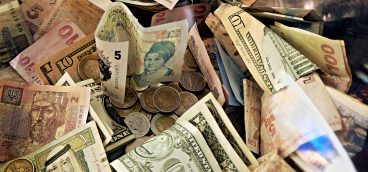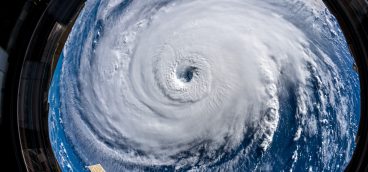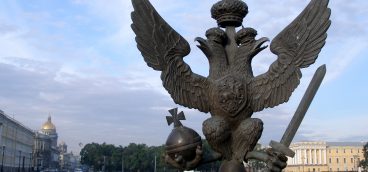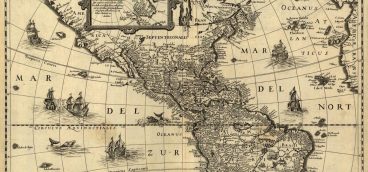China’s Xi Is Having a Really Bad War
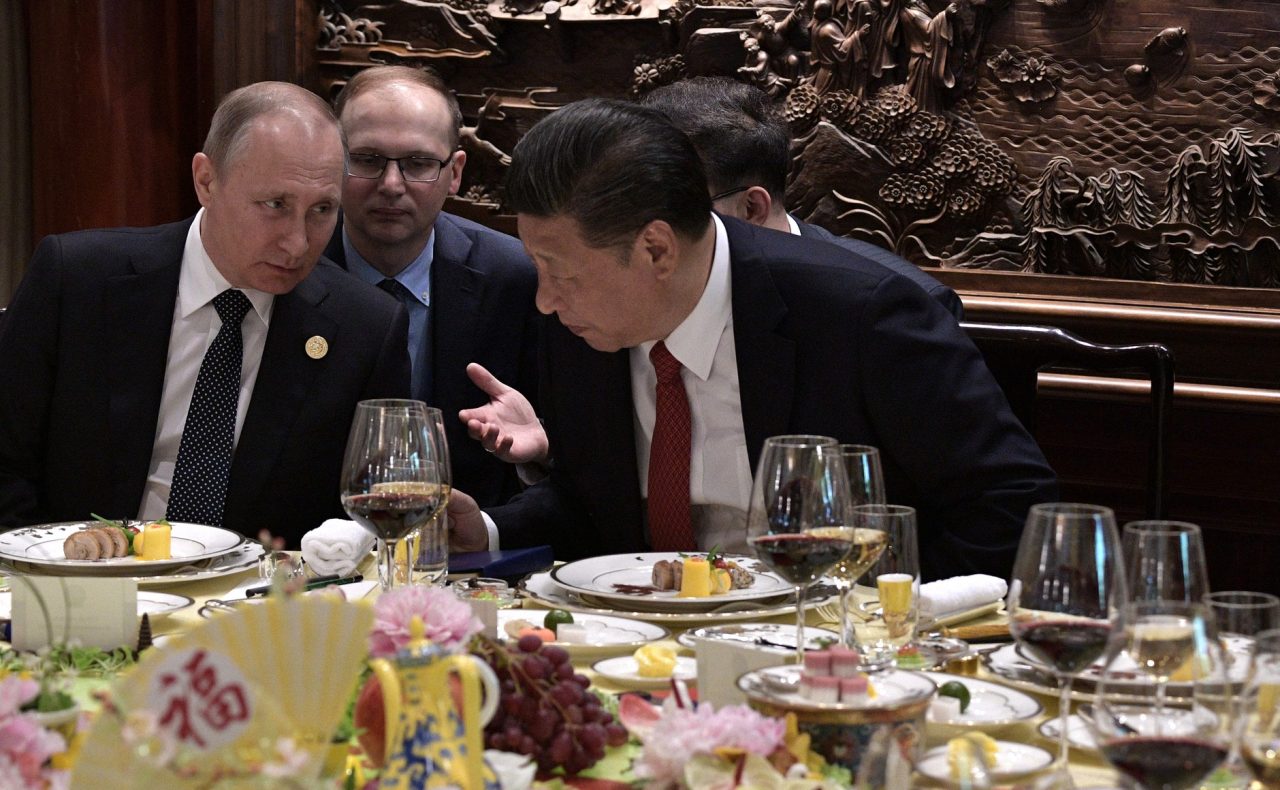
“Putin’s War Is Xi’s Worst Nightmare” — Headline above Craig Singleton’s article in Foreign Policy
The term idée fixe refers to a monomania of the brain, a pathology of the mind, an erroneous notion that nonetheless powerfully resists almost any attempt to modify it. When an idée fixe establishes itself in the mind of an all-powerful autocrat, the consequences are always disastrous.
We observed this phenomenon with Adolf Hitler (the Jews were the cause of all bad things) and Joseph Stalin (everyone was out to get him). And now we have observed it in Vladimir Putin and Xi Jinping.
Although it is certainly true, as Yale professor Arne Westad has remarked, that “Russia and China are not natural partners,” Putin and Xi share several views of the world that have powerfully shaped their regimes. First, they both hate and despise the West, and in particular the United States.
So, you might be saying? Many people in the U.S. itself despise the United States as a racist, misogynist, generally bigoted society that isn’t worth defending. But Putin and Xi went further – their idée fixe was that the West was weak, in terminal decline, that liberal democracies having overwhelmingly demonstrated their inferiority to the Russian and Chinese autocracies.
The concomitant of this strange notion was that Russia and China were powerful, resilient nations, and that they represented the future, a future that would be dominated by a Sino-Russian power center compared to which the West was a hollow shell.
Thus, as Putin was putting the final touches on his plan to invade Ukraine, he traveled to China, where President Xi announced there were “no limits” to the Chinese-Russian partnership. All Xi asked of Putin, according the New York Times (citing Western intelligence sources) was that Putin postpone the invasion until after the Chinese Winter Olympics.
But then things began to go awry. Putin had assured Xi that Ukraine would be defeated quickly, in a matter of days, and that most of the Ukrainian people would quickly go over to the Russian side. Putin believed what he was saying and Xi swallowed the drivel whole because, of course, it fit exactly with their own idée fixes, i.e., the West was weak and all sensible persons would naturally prefer Russia-China to US-Europe.
While the supposedly powerful Russian army was humiliating itself again and again in Ukraine, another bullet in the heart of the idée fixe was fired – the “weak” West created a unified front, adopting sanctions that crippled the Russian economy and, meanwhile, sending military hardware to Ukraine that allowed its small army to first hold off, then push back, the stunned Russians.
At the same time, the Ukrainian people, including even those in Russian-speaking regions, proved to be patriots who were eager to take up arms against the Russian aggressors. So much for what “sensible persons” were likely to do.
Xi now found himself trapped. As an all-powerful leader whose judgement was infallible, Xi had nowhere to go. He had backed Putin to the hilt and now he had to stick to that decision despite the obvious fact that both Putin and Xi had both proven to have been delusional. To have done anything else would have been to fatally undermine Xi’s credibility.
Note how similar this predicament is to Xi’s preposterous Zero-COVID policy. Xi made the decision to – if necessary – lock down his entire country and to offer only weak Chinese-made vaccines to his people. He is now stuck with decisions that were always wacko and that are now increasingly perilous to his own people and the Chinese economy.
Let’s examine a few specifics about how Xi’s world has been rocked to its core by the disastrous Russian invasion and Xi’s support for it:
Military weakness. A quick Russian victory would have emphasized the West’s weakness and might have emboldened China to attack Taiwan. Instead, despite significant combat experience (in Syria, Crimea, Chechnya, etc.), the Russian military has proven itself inept against a more nimble, Western-backed force a fraction its size.
Meanwhile the Chinese army hasn’t seen significant combat since it got its butt kicked by Vietnam back in 1979. If Russia can’t beat Ukraine, to which it has easy overland access, how in the world can China hope to take on a Western-backed Taiwan, which is located 100 miles across the ocean?
As if to emphasize China’s dwindling hopes of defeating Taiwan, which more than any other nation has been galvanized by Ukraine, the U.S. doubled down on support for Taiwan by sailing a naval destroyer through the Taiwan Strait, sending a high-level delegation to Taipei, and having President Biden himself announce that if China invaded Taiwan the U.S. would join the war. (Yes, I know, he and his staff tried to walk that pledge back.)
The West is bigger and badder than Xi thought. Xi has always compared China to its major competitor, the U.S., figuring the other Western countries were too weak and too disorganized to bother about. But Ukraine has galvanized even military laggards like Germany and has unified the EU in a way Xi never thought possible. Going forward, China will have to measure itself not just against the U.S. (which it continues to lag badly economically and militarily) but against the U.S.-EU-Japan-Canada-Australia. Compared to a united West, Russia and China combined are, and always will be, badly outmanned and outgunned.
China is in bad company. Although as I’ve pointed out in these pages, condemnation of Russia and participation in sanctions is not nearly as widespread as many seem to believe, there are actually very, very few countries that are actively supporting Russia. Basically, China has found itself as the leader of a couple of failed states like North Korea, Belarus, and Syria.
Xi missed a major opportunity. Xi Jinping was probably the only world leader who had enough clout with Putin to negotiate an early peace in Ukraine. Instead, Xi has stumbled along, hobbled by his own inability to admit a mistake and appearing to be dominated by Putin. It was a huge missed opportunity for China to play a mature and crucial role on the world stage.
Next up: Stefan Lorant



